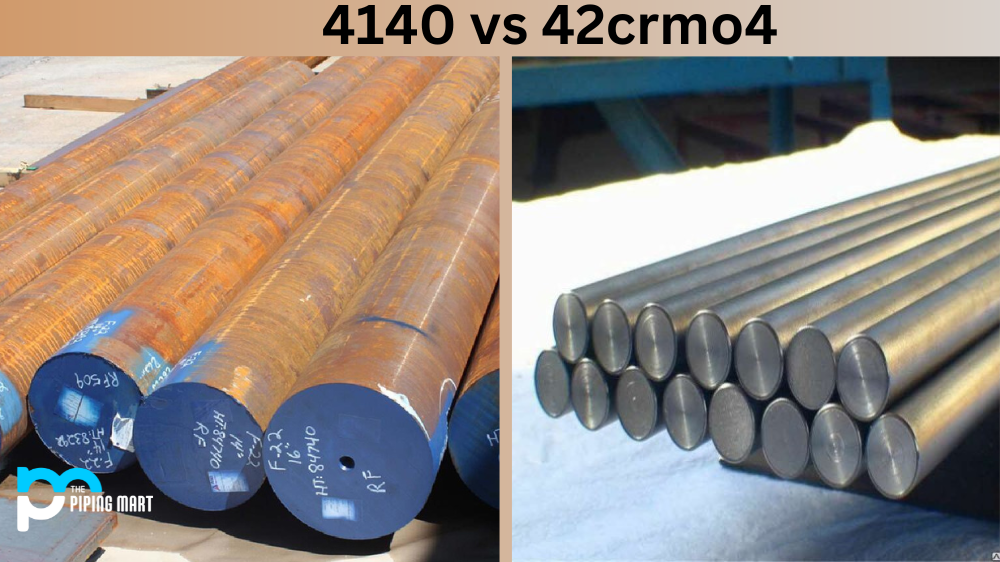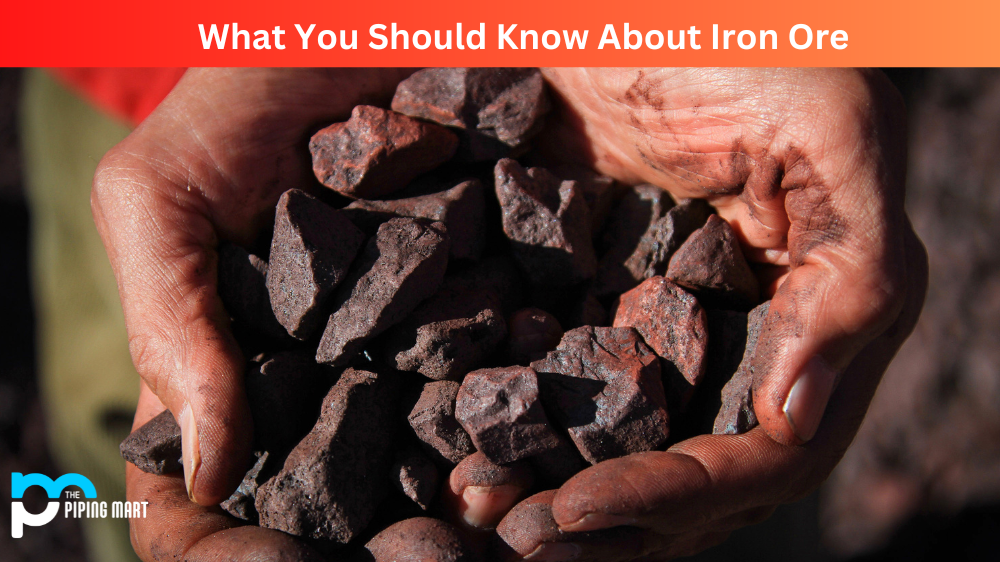When selecting high-strength alloy steel for industrial applications, two names commonly come up 4140 and 42crmo4. Both these alloys are widely used in manufacturing heavy machinery, oil and gas equipment, and other industrial components. But what distinguishes one from the other? This blog post looks at 4140 vs 42crmo4 and explains their differences.
Difference Between 4140 and 42CRMO4
4140 is a chromium-molybdenum alloy steel widely used in the oil and gas industry. 42crmo4 is a higher carbon version of 4140 designed explicitly for high-strength applications. The two sheets of steel have similar chemical compositions and mechanical properties, but 42crmo4 is typically heat treated to a higher hardness than 4140.
Chemical Composition
The chemical composition of both 4140 and 42crmo4 is quite similar, with a high percentage of carbon and chromium. However, the main difference lies in the molybdenum content. 42crmo4 contains more molybdenum than 4140, which makes it more suitable for applications that require higher tensile strength and yield strength. On the other hand, 4140 is more commonly used in applications that require good ductility and toughness.
Heat Treatment
Both 4140 and 42crmo4 can be heat-treated to achieve desired properties. However, the heat treatment process for each is slightly different. 4140 is typically quenched and tempered to achieve high strength and hardness, while 42crmo4 can be heat-treated using various methods such as quenching and tempering, annealing, or normalizing. The heat treatment process and sequence depend on the specific application and performance requirements.
Mechanical Properties
Both 4140 and 42crmo4 have excellent mechanical properties. They both have a yield strength of 850 MPa (122 ksi), a tensile strength of 1050 MPa (152 ksi), and an elongation of 12%. The main difference between the two steel sheets is their hardness; 42crmo4 is typically heat treated to a higher hardness than 4140.
Machinability
Machinability is an essential factor in selecting alloy steel for industrial applications. In general, 4140 has better machinability than 42crmo4 due to its lower carbon content. It can be machined using conventional turning, milling, and drilling methods. On the other hand, 42crmo4 is more difficult to machine due to its high carbon content and the presence of molybdenum. Specialized cutting tools and techniques are required to machine 42crmo4 efficiently.
Applications
Both 4140 and 42crmo4 find applications in various industries such as automotive, aerospace, energy, and construction. 4140 is commonly used in shafts, gears, bolts, and studs, while 42crmo4 finds applications in crankshafts, connecting rods, and high-stress structural components. The choice between these alloys depends on the specific application requirements, such as strength, toughness, corrosion resistance, and machinability.
Cost
The cost of 4140 and 42crmo4 varies depending on the supplier, quantity, and specific alloy grade. 42crmo4 is more expensive than 4140 due to its higher molybdenum content and more complex heat treatment processes. However, the price difference may be insignificant for some applications, especially when performance requirements demand 42crmo4.
Conclusion
So, there you have it – the difference between 4140 and 42crmo4. Although these alloys share some similarities in chemical composition and applications, their differences in heat treatment, machinability, and cost make them suitable for distinct industrial needs. Whether you need high-strength alloy steel for a machinery component or want to upgrade your material selection, the choice between 4140 and 42crmo4 ultimately comes down to your specific application requirements and budget.

Hey, I’m Krutik, a casual blogger expert in the metal industry. I am passionate about providing valuable information to my readers. With a background in engineering and construction, I like playing Cricket & watching Netflix shows in my free time. Thank you for visiting my blog, and I hope you find my information helpful!




